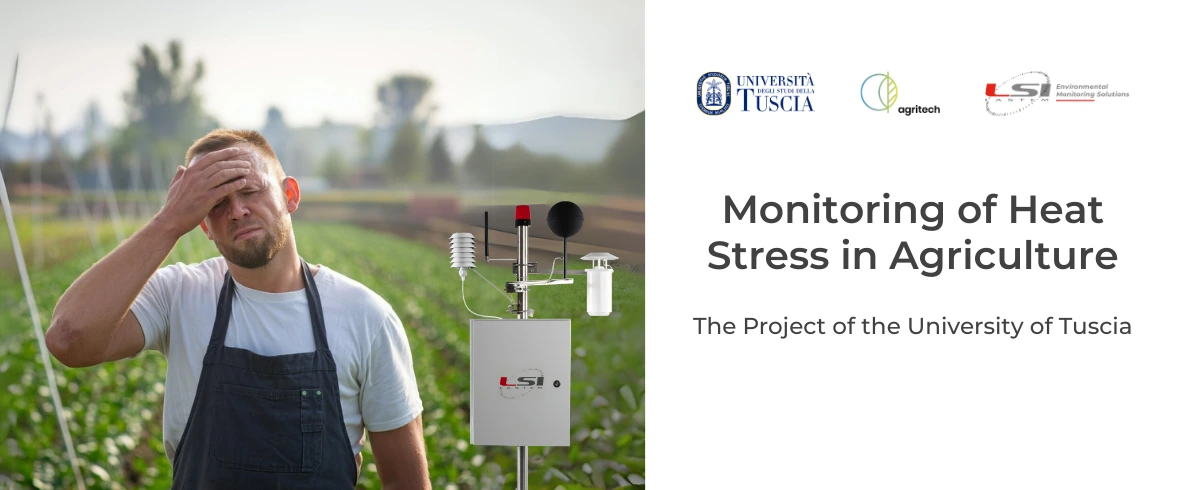The agricultural sector is one of the most exposed to adverse weather conditions, with extreme temperatures that can affect workers’ health and productivity. Heat stress is a major threat to farm workers, as it can cause fatigue, heat stroke, and an increased risk of injury. With climate change further exacerbating the problem, environmental monitoring becomes essential to ensure occupational safety in this area.
To address this issue, the University of Tuscia has launched a research project aimed at monitoring the heat stress of agricultural workers. The goal is to collect accurate data and calculate microclimatic indices in real time to develop effective prevention strategies, improving working conditions in the sector.

